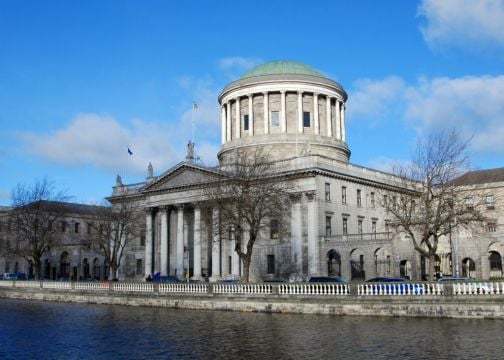The operator of a homeless hostel in Ranelagh, Dublin, has been ordered not to interfere with a bank-appointed receiver's efforts to take control of income from the property.
Niall Hade leased the property at Oakley Road in 2015 and has run it as a homeless hostel under contract to Dublin City Council which pays €3,500 a month. It provides accommodation for 14 and has three staff including Mr Hade.
The property was owned by three men who had a mortgage on it with ICS Building Society since 2006 and which was later transferred, as part of a merger, to Bank of Ireland (BoI). That mortgage contained a covenant that it could not be leased or assigned in any way without the permission of the lender.
Lease
In 2015, BoI appointed receiver Simon Coyle over the property. A few months later the owners leased it to Mr Hade.
In 2018 Mr Coyle issued High Court proceedings seeking possession of the property. He also sought orders that the owners furnish accounts to show, among other things, rental income.
The owners, John Lyons, Noel Griffin and Brian Hade, did not oppose the orders sought but Niall Hade did.
The High Court ordered Mr Hade and the three owners not to interfere with the receiver and provide all necessary accounts pending determination of the main proceedings. The owners were also ordered to pay the €3,500 payment from the city council to the receiver.
The receiver said his intention was not to stop Mr Hade running it as a hostel, pending determination of the proceedings, but to ensure he received the council monies.
Dismissal
Mr (Niall) Hade appealed the order claiming, among other things, he had been deprived of due process and a right to fair procedures. The bank and the receiver opposed the appeal.
On Thursday, Mr Justice Robert Haughton, on behalf of the three-judge Court of Appeal (CoA) dismissed the appeal.
The judge was not satisfied that any of his grounds of appeal showed the High Court erred in law or fact.
Mr Hade's "persistence with this appeal was not justified".
Mr Hade would be well advised to comply with his obligation to pay the €3,500 to the receiver, or he runs the risk that enforcement proceedings will be taken against him, he said.







